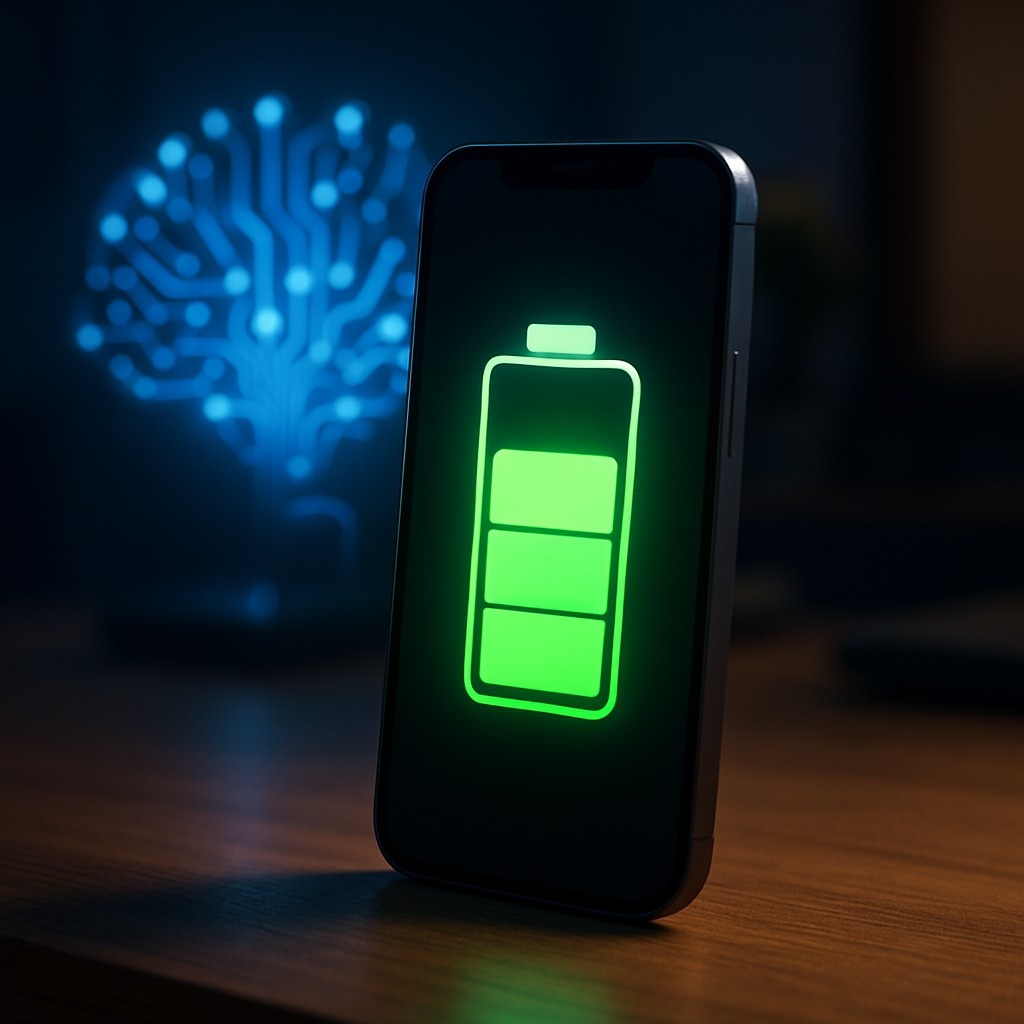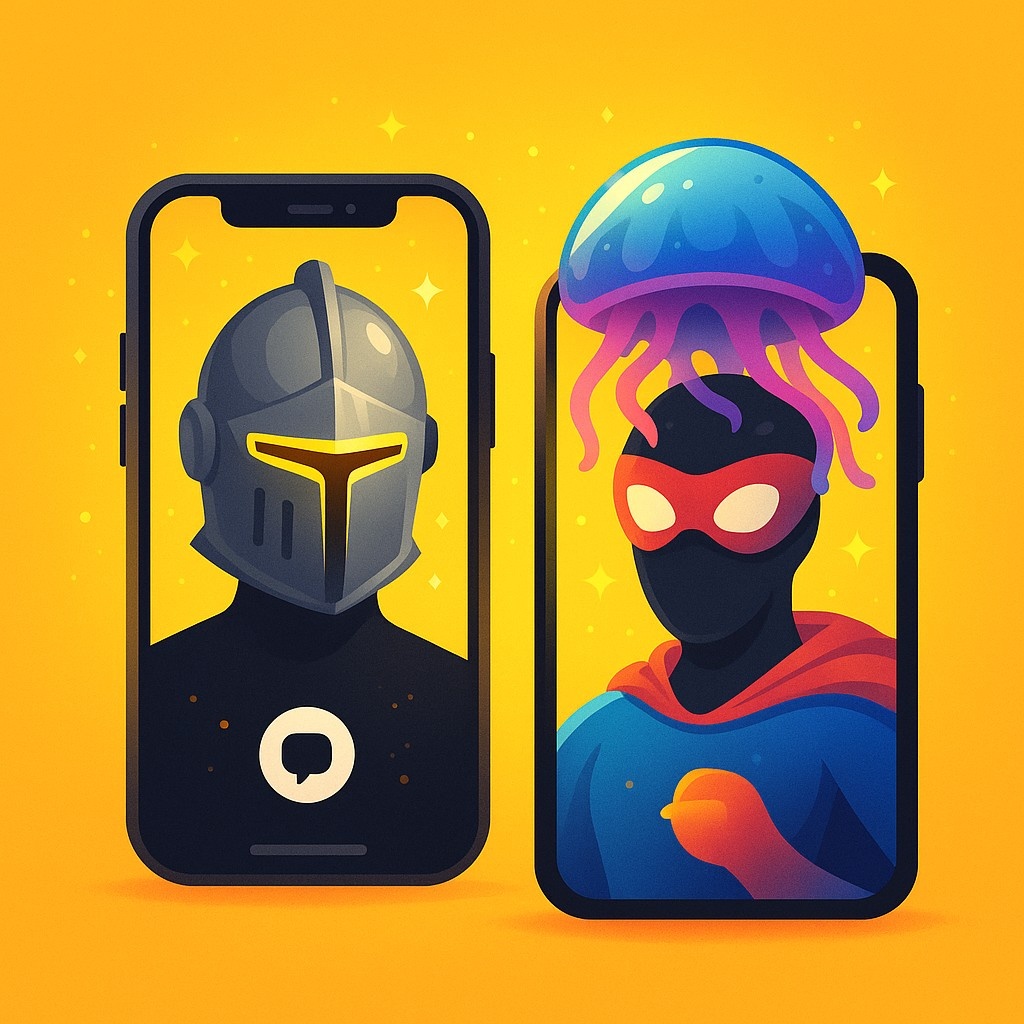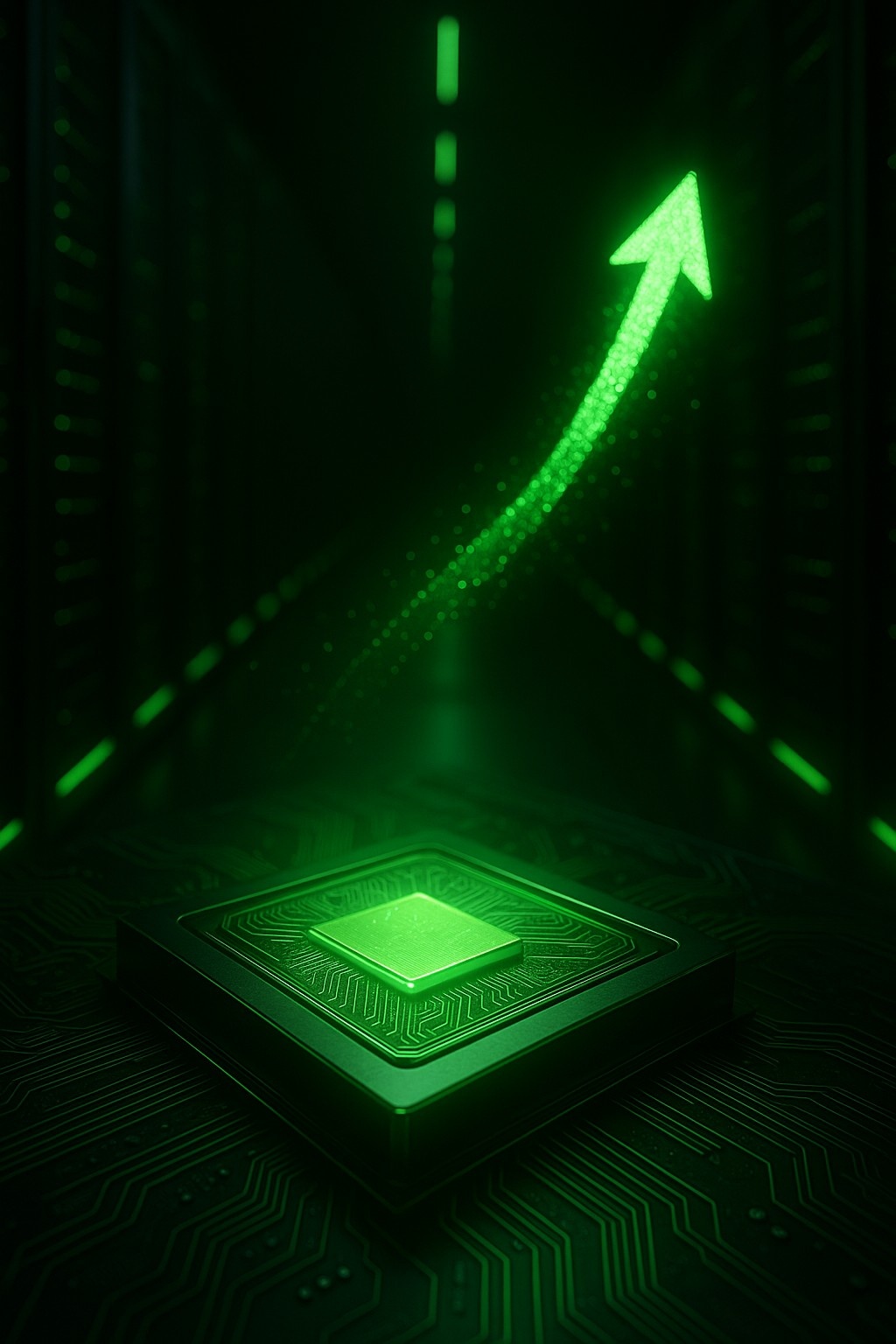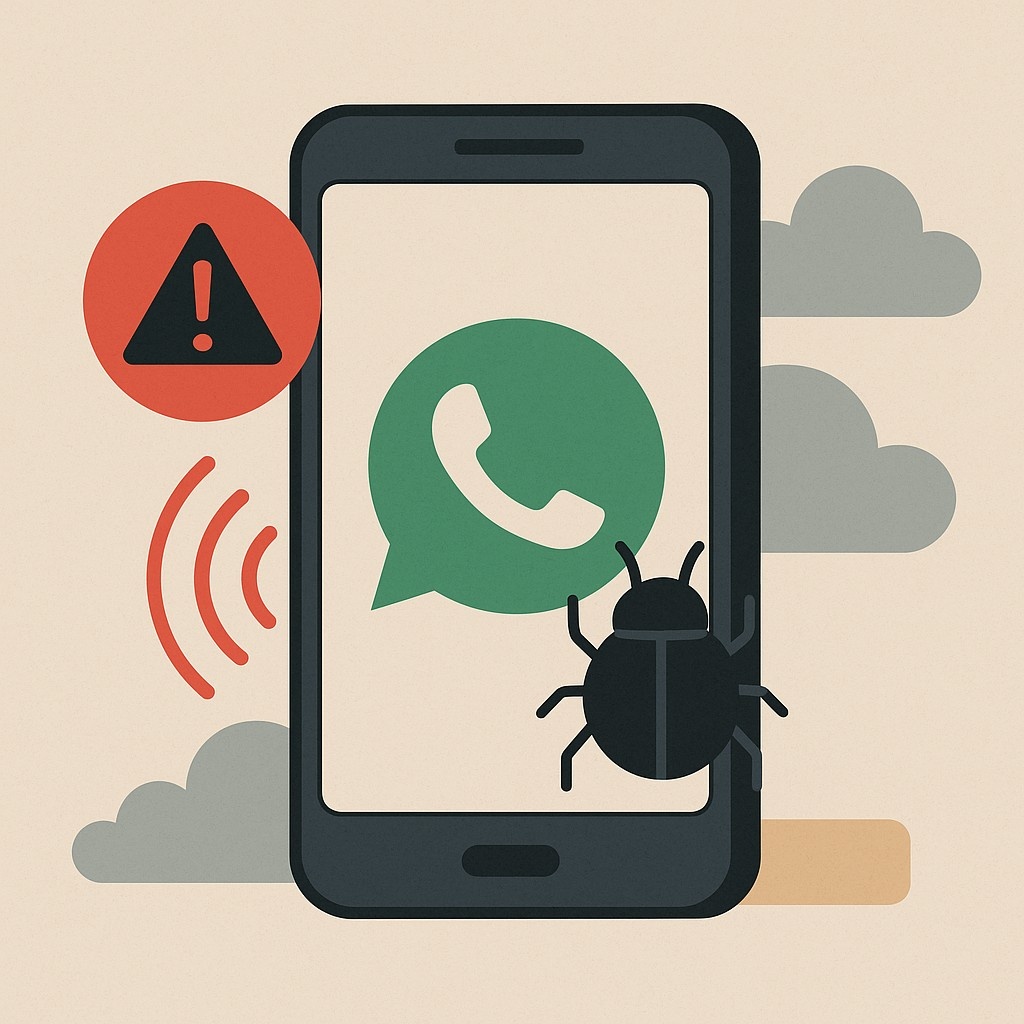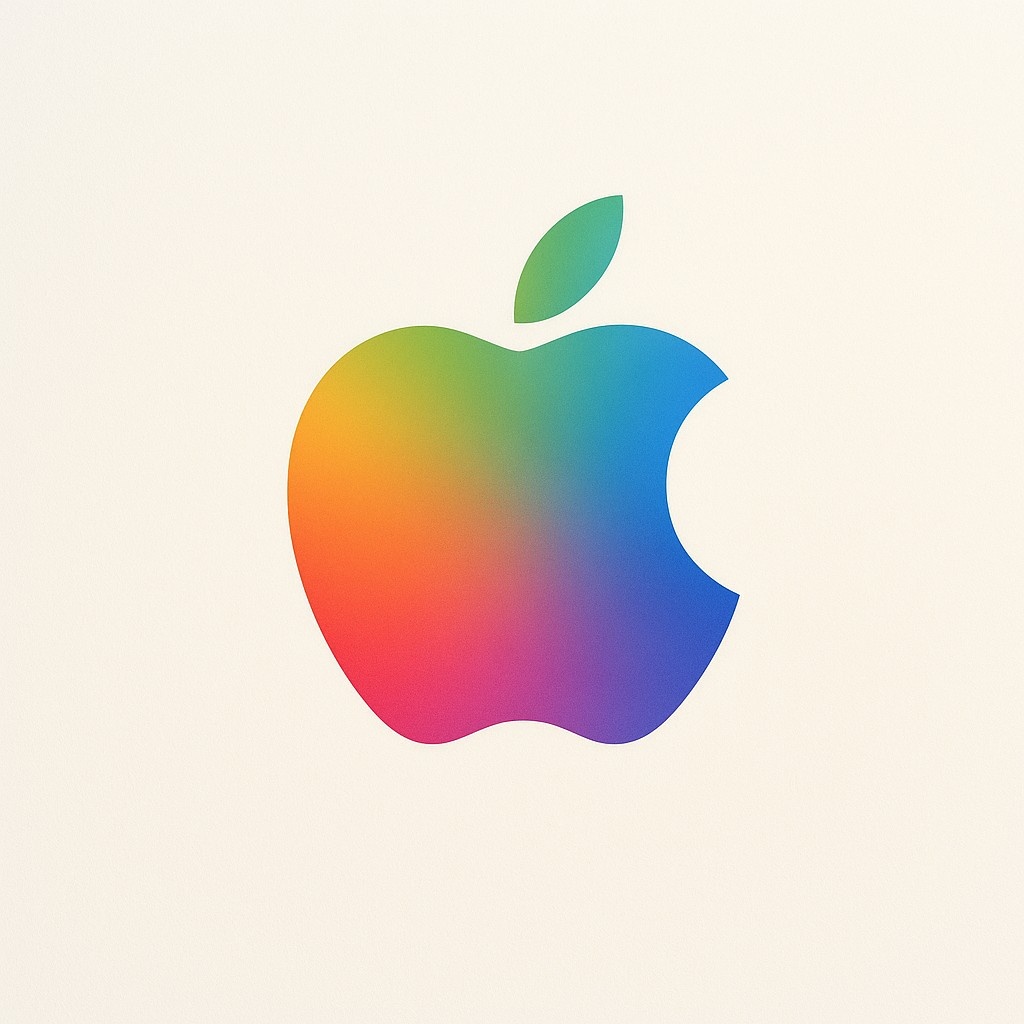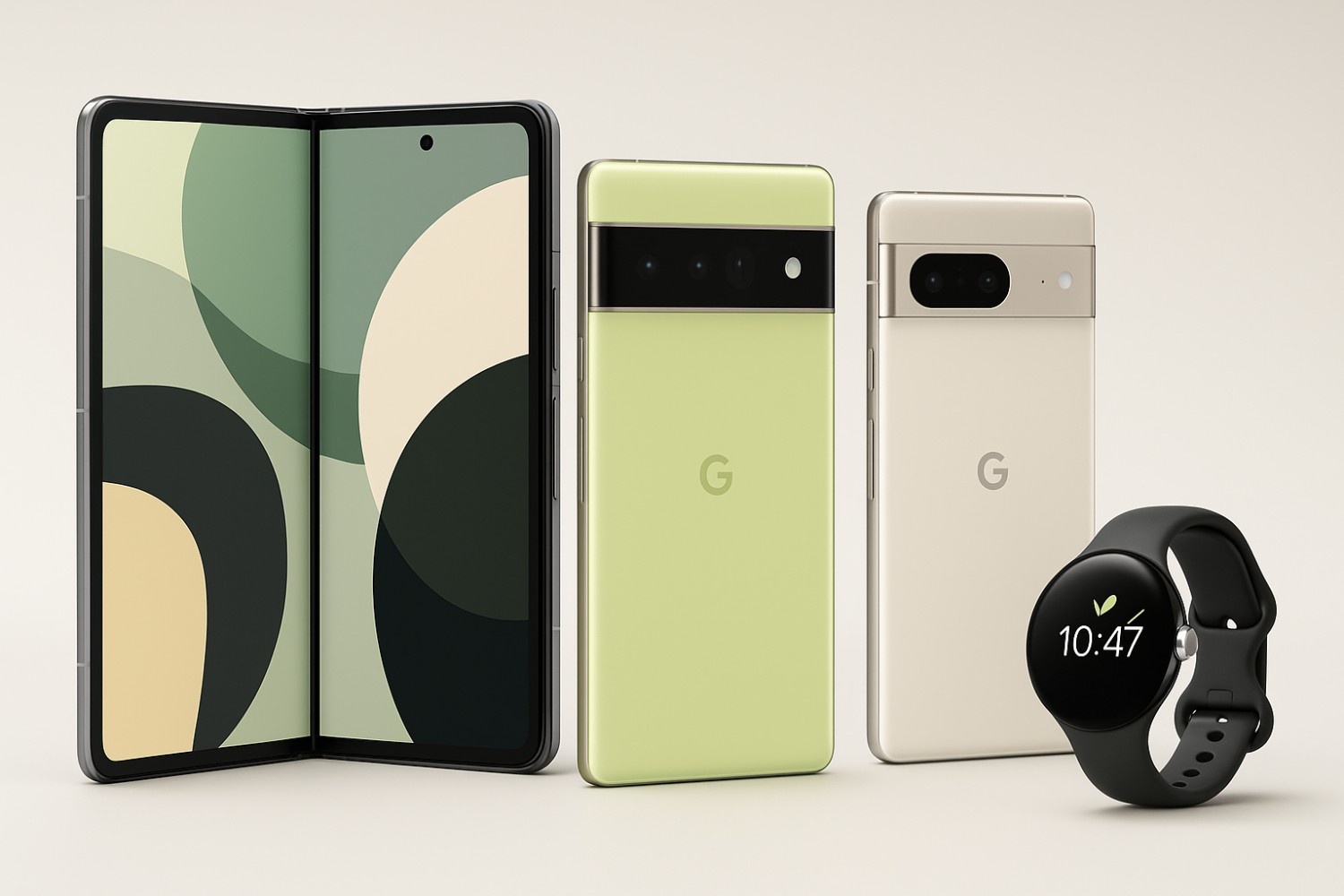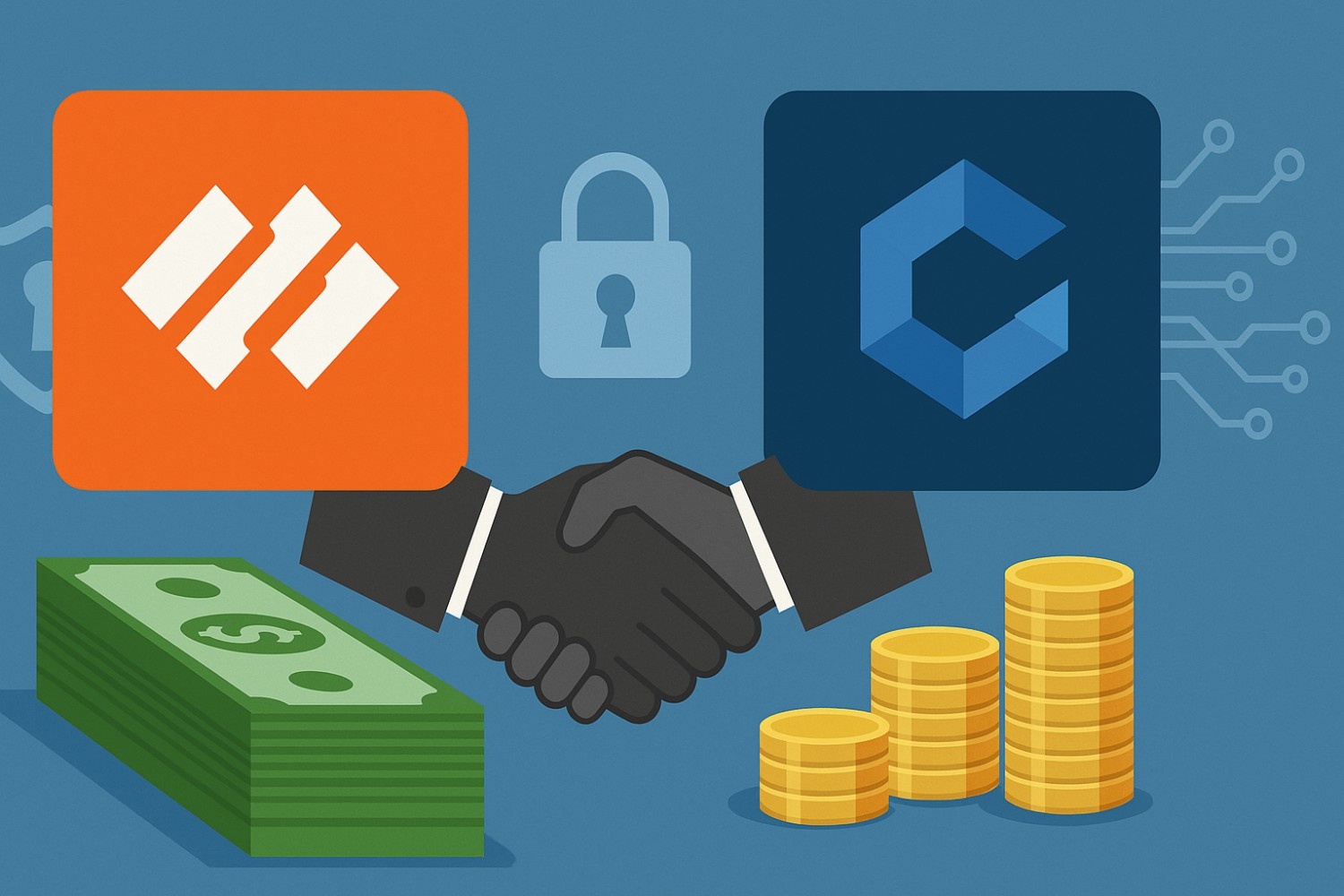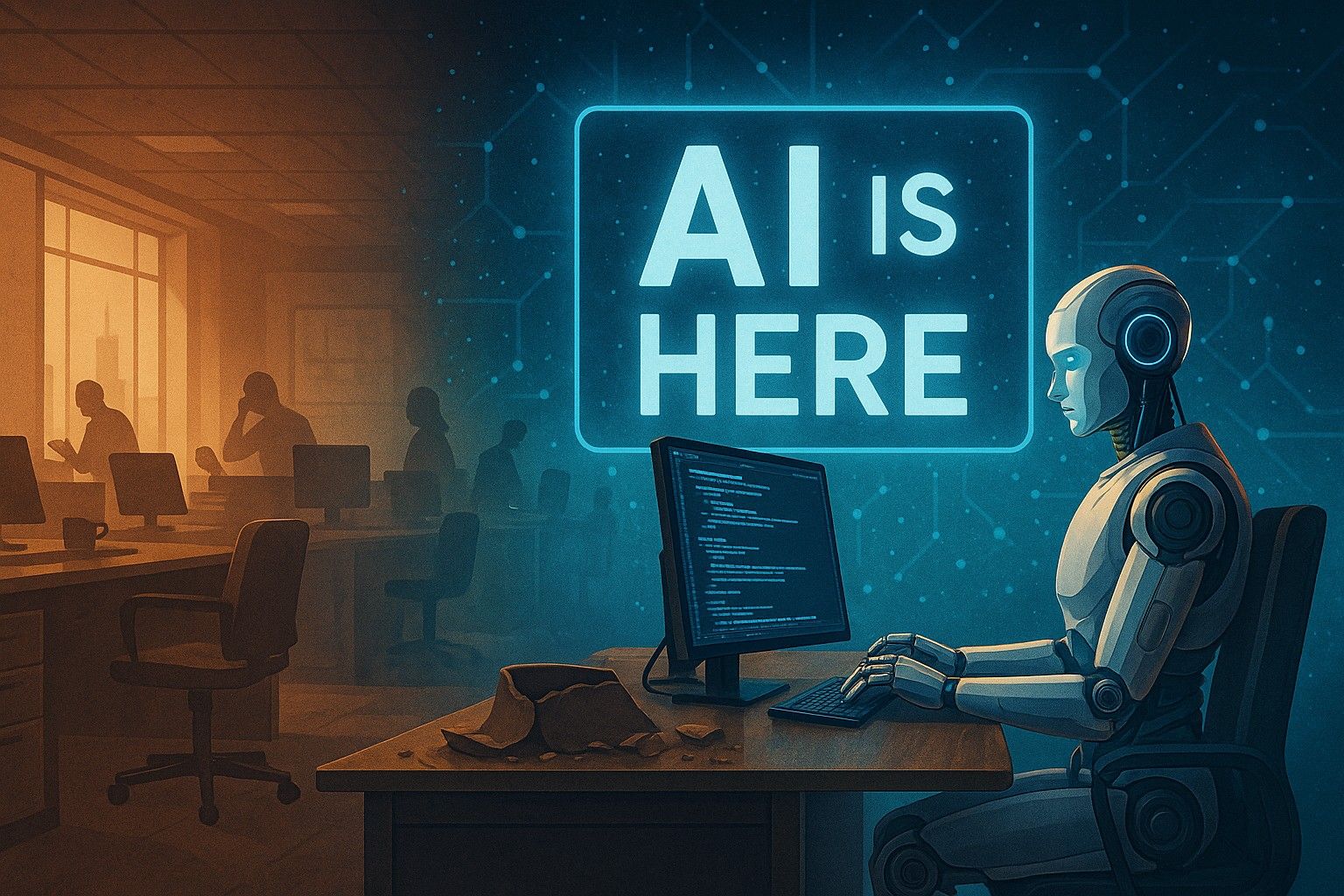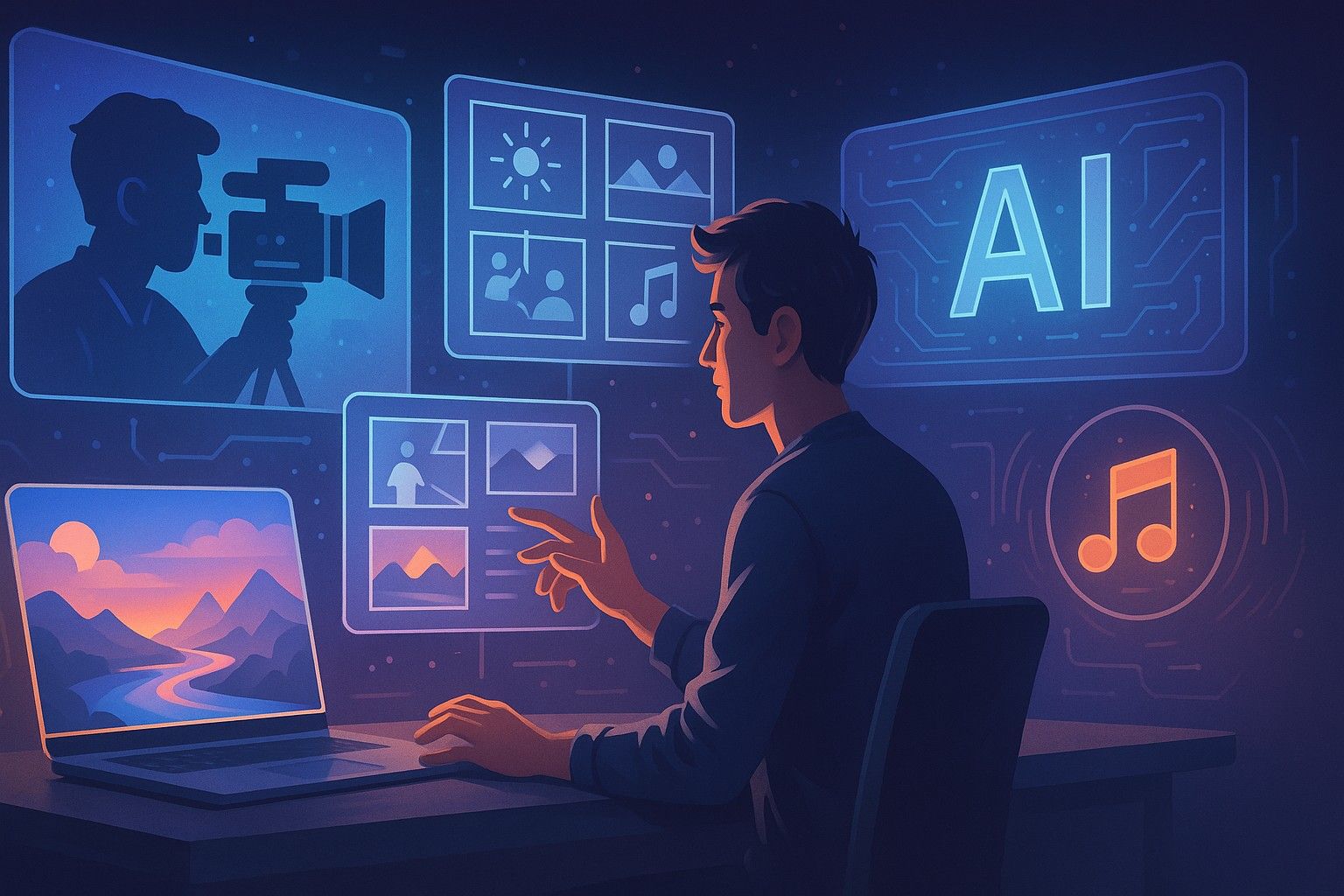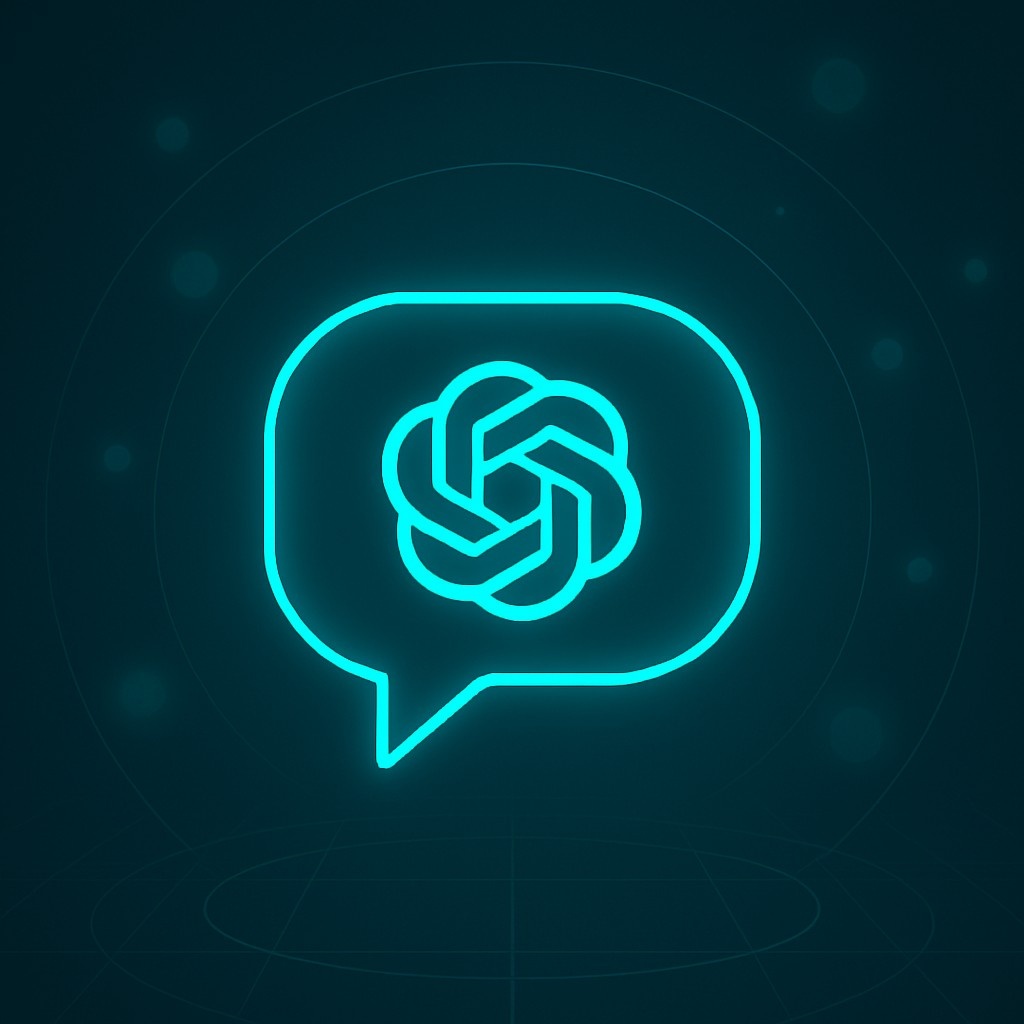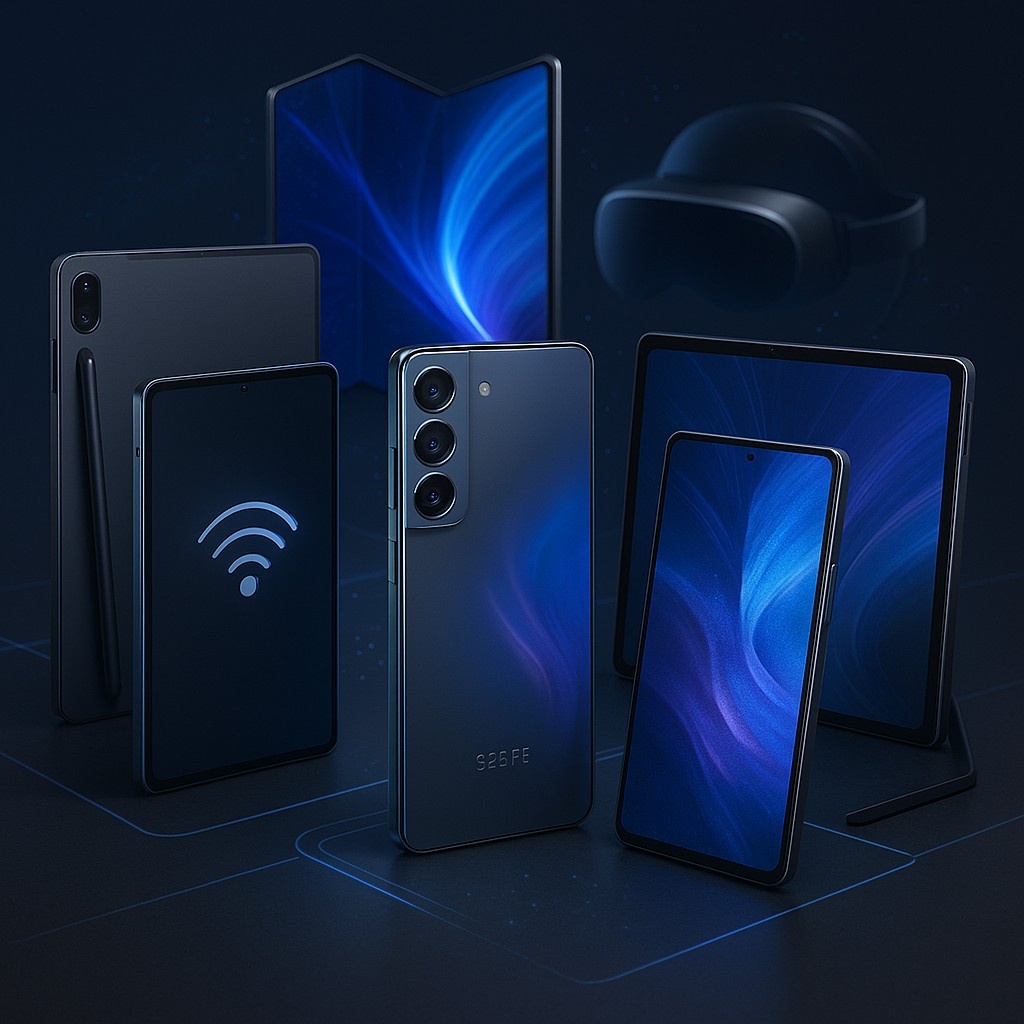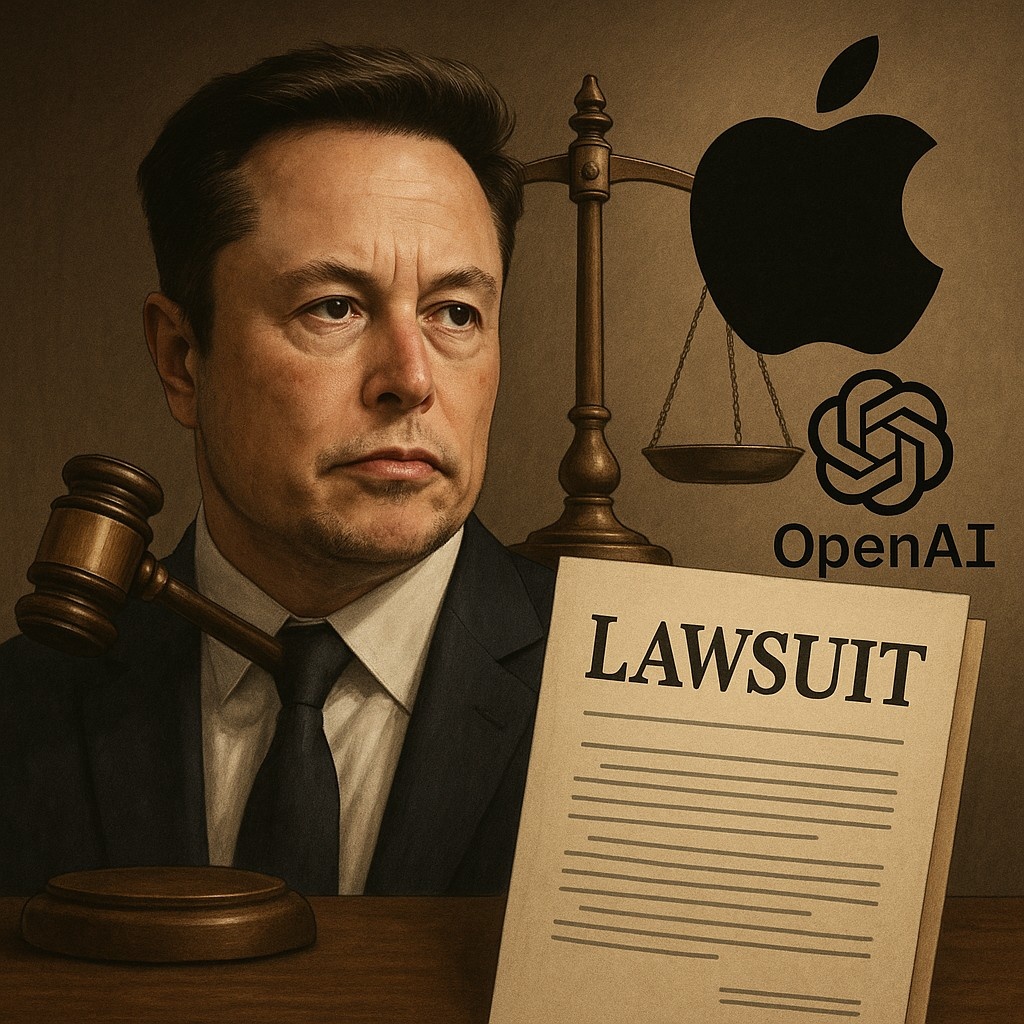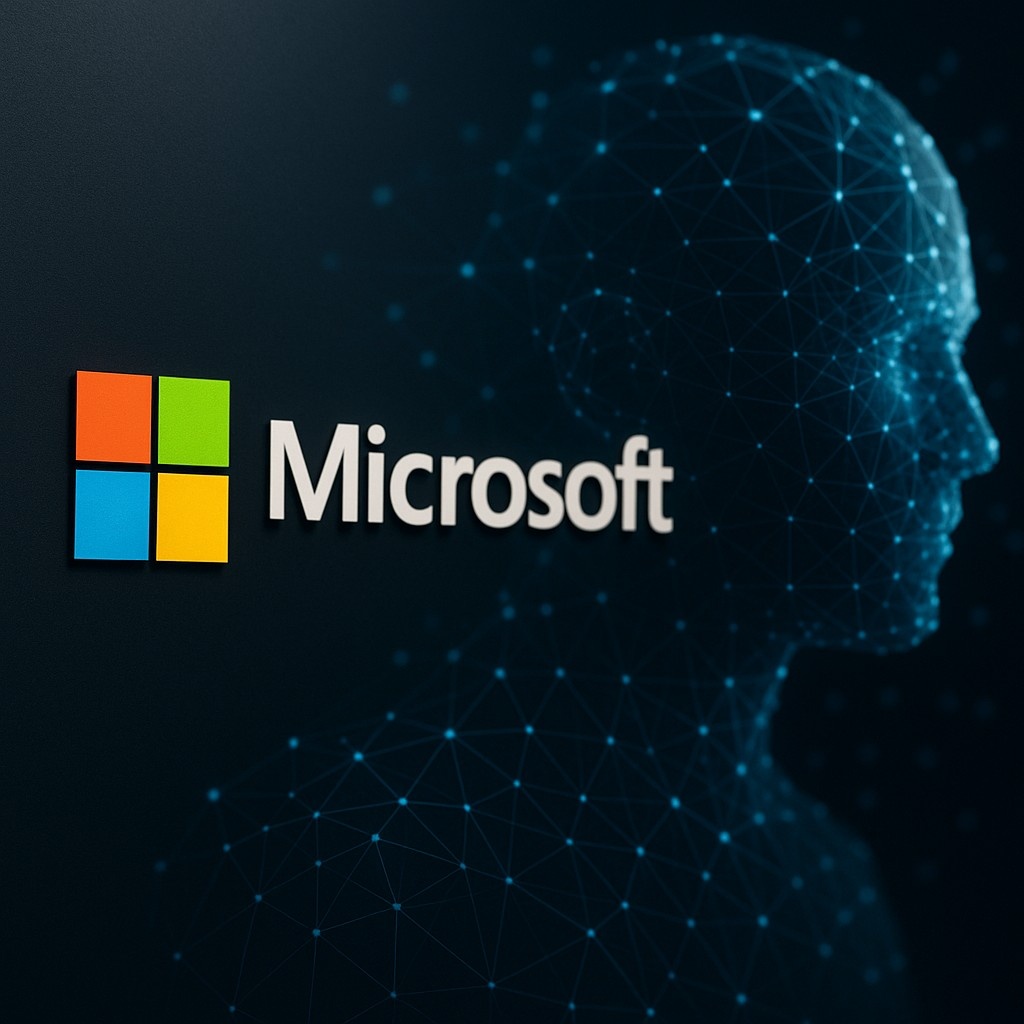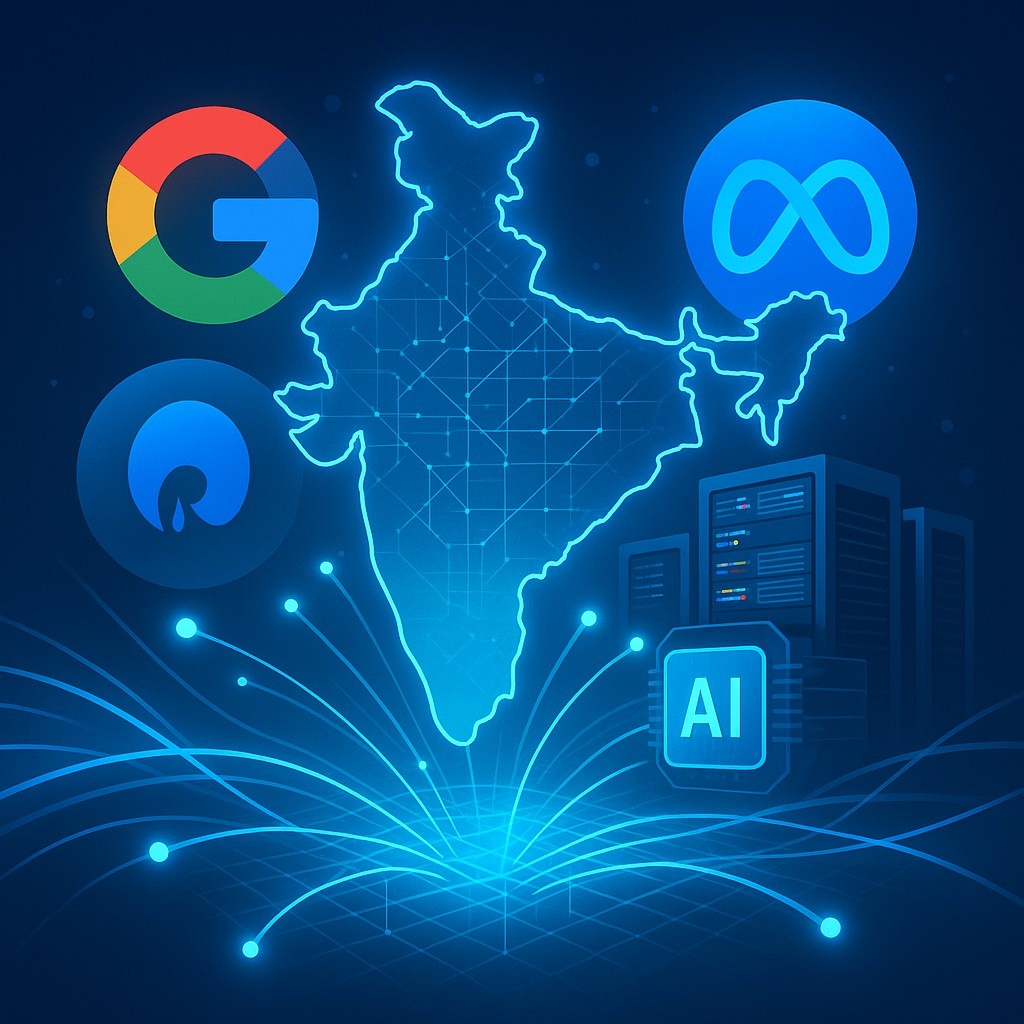Apple’s Next Big Brainwave: iOS 19’s AI Promises an iPhone Battery That Actually Lasts!
Let’s be honest—there are few modern horrors as universal as watching your iPhone battery icon turn red. It’s a tiny symbol, but it carries massive emotional weight. You're far from a charger, it's only 3 PM, and now you're scrambling to switch on Low Power Mode, close every app (even though that’s basically useless), and dim your screen down so low you can barely see it.
If you’ve ever felt that panic—good news might be around the corner.
As of May 16, 2025, reports from FTI Consulting News Bytes suggest that Apple’s upcoming iOS 19 will bring something revolutionary to the table: a built-in AI system specifically designed to boost battery life. Yes, you read that right—battery life that actually gets smarter over time. It’s not just about squeezing more power from your hardware, it’s about optimizing how your iPhone uses power in the first place.
This could mark a dramatic shift in how we experience our devices day to day. Let’s break it down.
What Is Apple Planning with iOS 19’s “Battery Intelligence”?
According to sources familiar with internal Apple testing and FTI Consulting’s leaked insights, iOS 19 will include advanced AI-driven energy management features under what Apple is rumored to call "Apple Intelligence." This isn't just Low Power Mode 2.0. It's a fundamental reimagining of how your iPhone understands and adapts to your unique usage patterns.
So what will this AI actually do? Here’s what we know (or can reasonably expect):
- Learn your behavior: If you typically use Instagram heavily in the morning, Maps at lunch, and stream music in the evening, your phone will know this. It will pre-optimize battery use accordingly.
- Delay background processes: Apps won’t be allowed to run background tasks at full power unless your phone knows you’ll need them soon. Think of it like Do Not Disturb for background power drain.
- Adjust sc reen brightness more intelligently: Instead of relying on just ambient light, it might factor in how long your phone expects to be away from a charger.
- Pause low-priority processes: If you're on the go with 20% left, iOS 19 could automatically suspend functions like Siri Suggestions or Spotlight indexing without you doing anything.
This is about context-aware power management— something Android has flirted with, but Apple appears to be taking to the next level.
How’s That Different from Current Battery-Saving Modes?
Good question. Apple already has Low Power Mode and Battery Health Management, which reduce background activity, visual effects, and sync processes to extend usage time.
But let’s be real—they’re blunt tools. You have to enable them manually, and they apply broad restrictions regardless of whether you’re checking email or playing Genshin Impact.
iOS 19’s AI-driven approach is more surgical. It won’t just kill processes blindly—it’ll analyze which processes matter most to you and focus on reducing waste without compromising your experience.
That’s a big leap from “reduce brightness” and “disable background refresh.”
Apple Intelligence: The Bigger Picture
This battery initiative isn’t a standalone gimmick. It’s part of a larger strategy by Apple to infuse artificial intelligence into every corner of its ecosystem.
From what we’ve seen in recent developer beta leaks and Apple insider reports, "Apple Intelligence" might include:
- Smart notification prioritization
- On-device language modeling (for Siri and dictation)
- Personalized app suggestions
- AI-based camera enhancements
- Power-aware scheduling
But battery life? That’s the hook. It affects every iPhone user, every day. If Apple nails this, it could become a selling point for upgrading even for users not interested in photography or AI gimmicks.
What This Means for iPhone Users
This could be huge. If done right, the benefits might include:
- Less “battery
anxiety”
You may no longer feel chained to your charger or forced to carry a power bank everywhere. Your phone will become more predictable and smarter in how it uses juice. - Longer
lifespan
By avoiding unnecessary power drains and battery stress, your battery health might degrade more slowly. That means your iPhone lasts longer overall. - Smoother
user experience
Instead of asking you to micromanage your settings, the system quietly works in the background to keep you going through your day.
What About Developers? Will Apps Need to Change?
Yes—and no.
Apple is likely to provide new APIs and developer guidelines around power-aware programming. App developers may need to:
- Prioritize tasks by battery cost
- Declare which background processes are critical
- Optimize notifications and refresh rates
But the good news? Apps that cooperate with the system’s new power model might get preferential treatment—like being allowed more background access or faster startup speeds.
If you're a developer, this is your early warning: the way iOS manages power is changing. Adapt or be left behind.
Can We Trust Apple to Deliver? A Bit of Healthy Skepticism
Now, here’s the thing: Apple has made promises about battery life before. Lots of them. Remember when they said the iPhone 13 Pro would get “up to 1.5 more hours of battery life”? Sure, under lab conditions. Not when you’re scrolling TikTok on 5G with Bluetooth and Location Services on.
But here’s the twist:
- Apple has gotten better at software optimization. iOS 16’s memory handling, for instance, significantly improved app reload times and battery consumption under stress.
- AI systems that are trained locally (on-device) mean faster, more secure, and more adaptive behavior. Apple has the silicon (like the A17 Bionic and M-series chips) to back this up.
So while we should keep our expectations grounded, this isn’t just another "optimized charging" PR stunt. There’s some real technical innovation on the table here.
Final Thoughts: A Smarter iPhone for the Real World
If you're tired of waking up at 100% and somehow being at 28% by lunchtime, iOS 19 might just be your long-awaited salvation.
While Android has dabbled in AI-assisted battery saving (like Adaptive Battery on Pixel phones), Apple’s strength lies in deep hardware-software integration. iPhones aren’t just trying to survive—they’re trying to adapt. That’s a very different game.
So, whether you’re a student who forgets to charge overnight, a commuter who lives on Spotify, or a digital nomad trying to preserve every drop of juice—iOS 19’s AI battery feature might be the update you didn’t know you needed.
Keep your eyes on WWDC 2025 this June. That’s when Apple is expected to officially unveil iOS 19 and show us whether this new AI truly delivers or ends up as another bullet point in a keynote.
But for now? Let’s allow ourselves to dream: A world
where our iPhones actually last all day.
Wouldn’t that be nice?
